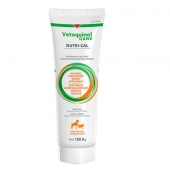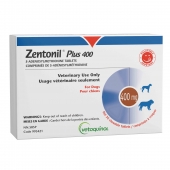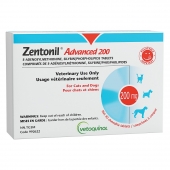Traditional Chinese veterinary medicine includes training in treatment options such as acupuncture, which raises many questions among pet owners and conventional medicine professionals. If you’re considering pet acupuncture as a complementary approach for your pet’s health, here are answers to some of the most common ones.
How does pet acupuncture work?
Traditional Chinese medicine has a holistic view of physical, mental and spiritual health, believing illnesses may occur when the flow of qi, or “vital energy,” is blocked or imbalanced.
As in human medicine, acupuncture involves the insertion of thin needles in precise points where nerve fibres and blood vessel are concentrated. This practice is said to stimulate the body’s ability to heal itself, by enhancing blood circulation, oxygenation and waste removal, in addition to releasing anti-inflammatory and pain-relieving hormones. It could also alter the perception of pain or neurotransmitters in the brain.
Who can practice pet acupuncture?
Certified members of the International Veterinary Acupuncture Society are licensed veterinarians in good standing who have received additional training in pet acupuncture. The organization features approximately 1,900 members, located mostly in the United States (722), in Germany (132) and in Canada (78).
What is pet acupuncture used for?
Pet acupuncture is most commonly used as a complement to medication and surgery, in order to treat musculoskeletal and chronic pain such as arthritis and back pain, gastrointestinal issues and to promote recovery after an injury.
Is pet acupuncture effective and safe?
The 2006 study Effectiveness of Acupuncture in Veterinary Medicine: Systematic Review reports “there is no compelling evidence to recommend or reject acupuncture.” Critics believe that observed improvements are more likely to be a placebo effect transferred from the pet owner to the animal.
Regardless, the most recent American Animal Hospital Association Guidelines consider acupuncture “a compelling and safe method for pain management”. Acupuncture’s non-invasive nature means it won’t interact adversely with a pet’s medication or supplements, or have any side effects on internal organs, and can be considered safe. While an infection could develop at a needle insertion site, veterinary acupuncturist Amelia Munsterman says “it’s very, very rare” during an interview for FETCH by WebMD.
Is acupuncture right for my pet?
Not surprisingly, not all dogs and cats will remain still while an acupuncturist pricks them with needles. In cases where a pet won’t cooperate, veterinarians may instead rely on acupressure, applying pressure using hands and fingers to specific acupuncture points in order to achieve similar results.
Because its effectiveness remains unclear, acupuncture shouldn’t be used by itself to treat serious illnesses or injuries, and should rather be seen as part of a broader treatment plan. Ask your veterinarian if acupuncture could be worth considering to help improve the quality of life of your furry friend.






